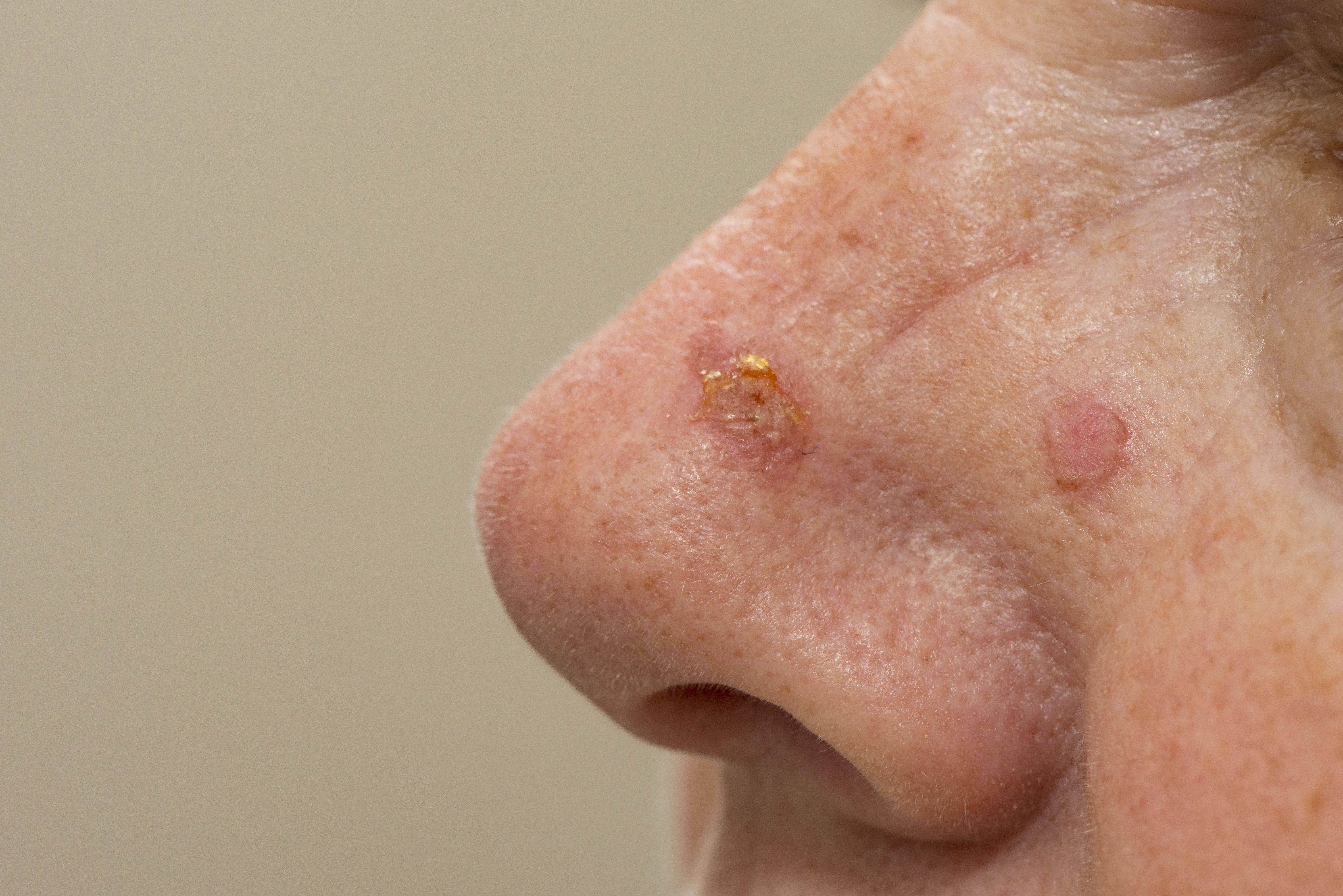Article
Psoriasis Cancer Prevalence is 4.7% New Research Shows
A systematic review and meta-analysis published today in JAMA Dermatology confirms that psoriasis patients have a slightly increased risk of cancer, specifically, keratinocyte cancer and lymphomas.
(©ClsDesign,AdobeStock_114183215)

A systematic review and meta-analysis published today in JAMA Dermatology confirms that psoriasis patients have a slightly increased risk of cancer, specifically, keratinocyte cancer and lymphomas.
Since one in four psoriasis patients will go on to develop psoriatic arthrits (PsA) , this study, which was led by Sofie Vaengebjerg, M.D., of the University of Copenhagen, also included PsA patients, but found little new research on cancer risk in the PsA patient population. However, there has been a slew of newly published studies that demonstrate a connection between psoriasis and cancer-including solid tumors.
"In this systematic review and meta-analysis, we found significant associations between psoriasis and risk of overall cancer, cancer excluding keratinocyte cancer, keratinocyte cancer, lymphomas, lung cancer, and bladder cancer. When comparing biologic agents with conventional treatment, we found a decreased risk of cancer when excluding keratinocyte cancer. We did not find an increased risk of cancer in patients with psoriatic arthritis," the authors wrote.
This study is based on an analysis of 112 studies from PubMed and Embase that included 2.5 million patients. The overall prevalence of cancer in psoriasis patients within this group was 4.7 percent (95% CI, 4.02%-5.59%). The incidence rate of cancer was 11.75 per 1,000 person years (95% CI, 8.66-15.31) and the risk ratio (RR) was 1.21 (95% CI, 1.11-1.33).
RELATED: Infections and Cancer More Common in Rheumatology Than Previously Thought
The most common cancers were keratinocyte cancer (RR, 2.28; 95% CI, 1.73-3.01), lymphomas (RR, 1.56; 95% CI, 1.37-1.78), lung cancer (RR, 1.26; 95% CI, 1.13-1.40), and bladder cancer (RR, 1.12; 95% CI, 1.04-1.19). There was no increased risk of cancer identified among psoriasis patients who were treated with biologics (RR, 0.97; 95% CI, 0.85-1.10). Psoriatic arthritis was not associated with increased risk of overall cancer (RR, 1.02; 95% CI, 0.97-1.08), but this may be due to to a lack of data.
The increased risk of developing keratinocyte cancer was associated with exposure to sunlight and previous studies have pointed to a possible connection between psoralen–UV-A (PUVA) therapy and this skin cancer.
The increased risk of cutaneous T-cell lymphoma might also explain an increased risk of Hodgkin and non-Hodgkin lymphoma in psoriasis patients.
Biologics used for the treatment of moderate-to-severe plaque psoriasis have been suspected of increasing the risk of cancer, but this study revealed no increased risk associated with the use of biologics. At this time, few long-term biologic safety studies exist since these treatments are relatively new and as such, it may be premature to determine risk.
REFERENCE
Sofie Vaengebjerg, MD; Lone Skov, MD, PhD, DMSC; Alexander Egeberg, MD, PhD; Nikolai Dyrberg Loft, MD. "Prevalence, Incidence, and Risk of Cancer in Patients With Psoriasis and Psoriatic Arthritis. A Systematic Review and Meta-analysis," JAMA Dermatology. Feb. 19, 2020. DOI:10.1001/jamadermatol.2020.0024




